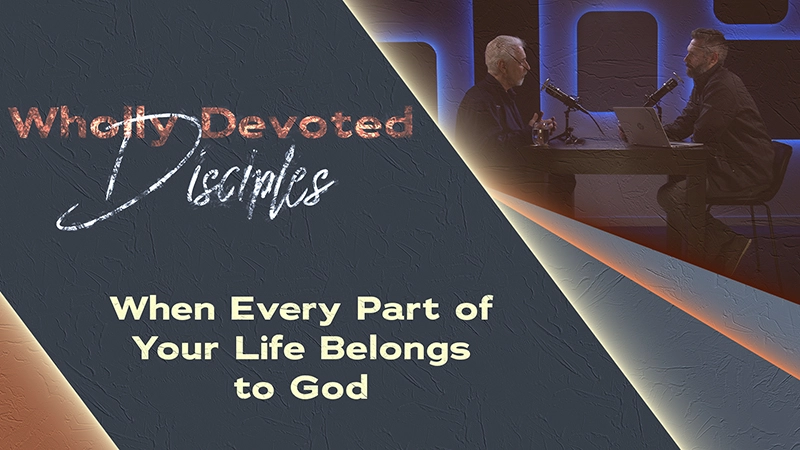
What We do in Secret Reveals What We Really Desire
The Internet is a marvelous invention that has many incredible benefits...and unfortunately many pitfalls. Internet users can hide behind their computer screens and interact with the world in ways they would never think to do in real life. This feeling of invincibility has led to numerous problems online: from cyberbullying to predators, and from pornography to cybersex.
It all reminds me of the ancient myth of Gyges’ Ring.
Anonymity Brings Us More Temptation
Gyges of Lydia is a humble shepherd under the king’s service. One day an earthquake opens up the mouth of a cave, and Gyges ventures inside. There he finds a tomb, and in the tomb a golden ring. Gyges takes the ring and soon discovers that by adjusting the clasp on the ring while wearing it, he will become invisible. Using his new power, he enters the palace of the king, seduces the queen, and together they assassinate the king and take over the kingdom.
Plato recounts this same story in The Republic, putting the story in the mouth of the character Glaucon. Glaucon’s point is that even the most apparently moral person would use the cloak of invisibility to achieve selfish ends. Essentially, the idea is that deep down everyone is an egoist, motivated only by self-interest. The only reason people appear as good is because of social constraints that are upon them: the fear of being caught, the fear of appearing selfish, and the avoidance of punishment.
{{blog-brse="/blog-ads-storage"}}
The Internet is a modern day Gyges’ ring: it makes people invisible and anonymous, and thus holds out a formidable temptation for everyone to live as they please.
Glaucon’s argument is attractive because it is not much of an argument at all, but more of a thought experiment that is meant to have the reader ask, “What would I do if I had the ring?” The idea is that as long as all or most people say they would use the ring for selfish gain, Glaucon’s point is made. Taken as a statement of fact, it is easy to accept: people are selfish.
While this may be a clever story to show how people are, it is not a good argument for how people should be. This would be categorized by philosophers as an ad populum fallacy: attempting to convince people of something by arousing the feeling and enthusiasms of the multitude. While it may be true that all or most people are selfish, it does not mean that we ought to be that way.
Misplacing Our Desire for Pleasure
What’s remarkable about the Bible is that it does not tell us that self-interest is wrong, but that our natural self-interest is misinformed and blinded. Gyges problem isn’t that he is hungry for power and pleasure, but that he simply doesn’t know where real power and pleasure are found. Similarly, our problem is not that we want satisfaction, but that we believe that Internet porn is the fountain where our thirsts will be quenched.
CS Lewis said it best in his sermon, The Weight of Glory:
“The New Testament has lots to say about self-denial, but not about self-denial as an end in itself. We are told to deny ourselves and to take up our crosses in order that we may follow Christ; and nearly every description of what we shall ultimately find if we do so contains an appeal to desire. . . . Indeed, if we consider the unblushing promises of reward and the staggering nature of the rewards promised in the Gospels, it would seem that Our Lord finds our desires, not too strong, but too weak. We are half-hearted creatures, fooling about with drink and sex and ambition when infinite joy is offered us, like an ignorant child who wants to go on making mud pies in a slum because he cannot imagine what is meant by the offer of a holiday at the sea. We are far too easily pleased.”
God offers us the ultimate pleasure of Himself, and when we see Him as truly beautiful, glorious, and pleasurable, we then see the mask ripped from the false pleasures of this world.
When I discovered the world of Internet pornography, I was an easy target. I gave in and developed an addiction that was one of the hardest things I’ve ever experienced. But the addiction also showed me something . . .
The Internet became my own Gyges’ Ring: it revealed who I really was and what I really wanted. It revealed to me that what really fueled my moral engine. It showed me I was not a man after God’s heart as much as I was a man looking for cheap thrills, held back only by social norms and religious sentiments. Something in me needed to radically change.
















